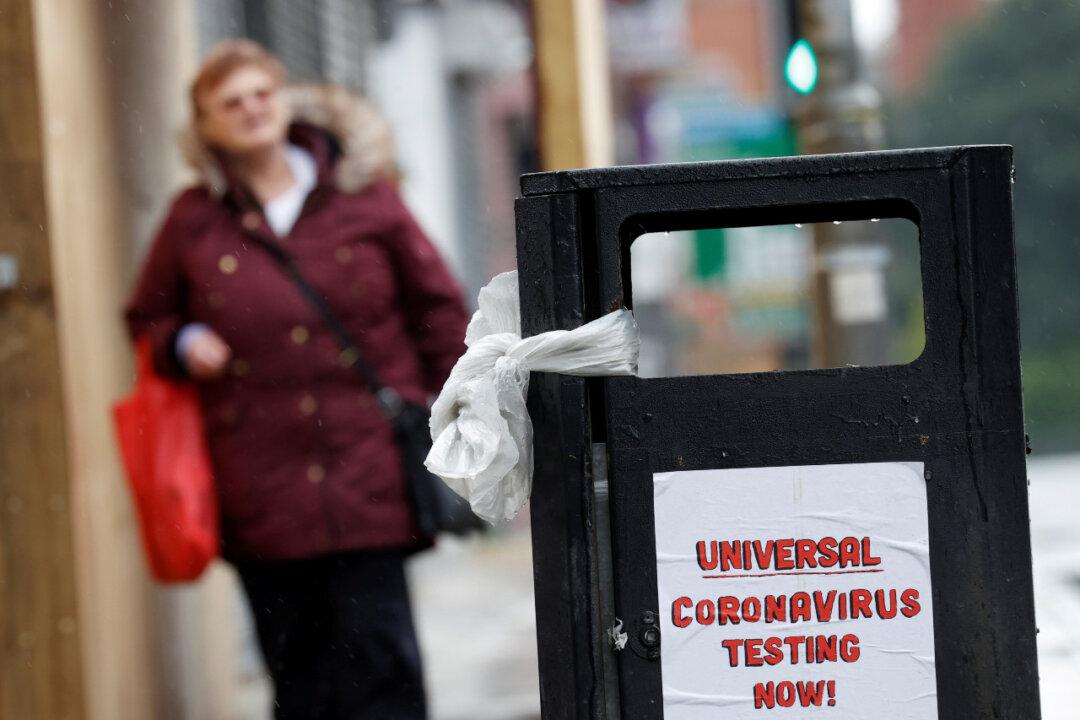Britain will launch a whole city testing scheme in Liverpool this week, offering tests to everyone who lives or works in the city, whether or not they have symptoms of COVID-19, the government announced on Tuesday.
The mass testing scheme is the first in England and is Britain’s latest attempt to “break chains of transmission” and find a better way to use testing to slow the spread of the CCP (Chinese Communist Party) virus, commonly known as novel coronavirus.





